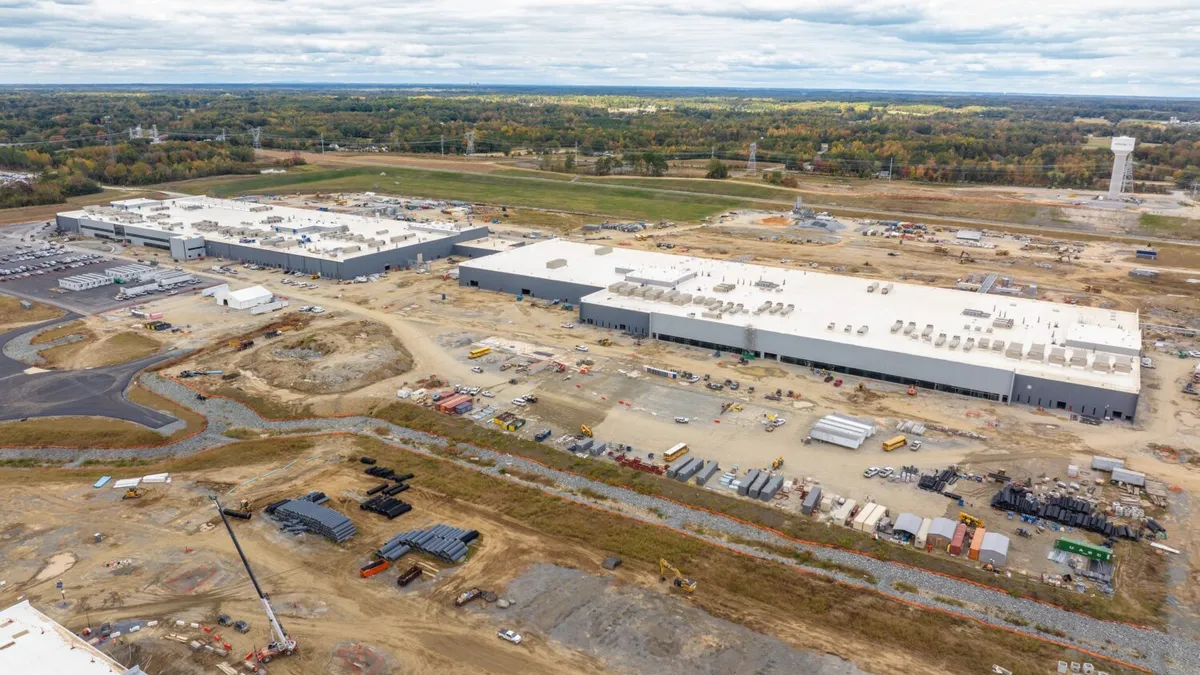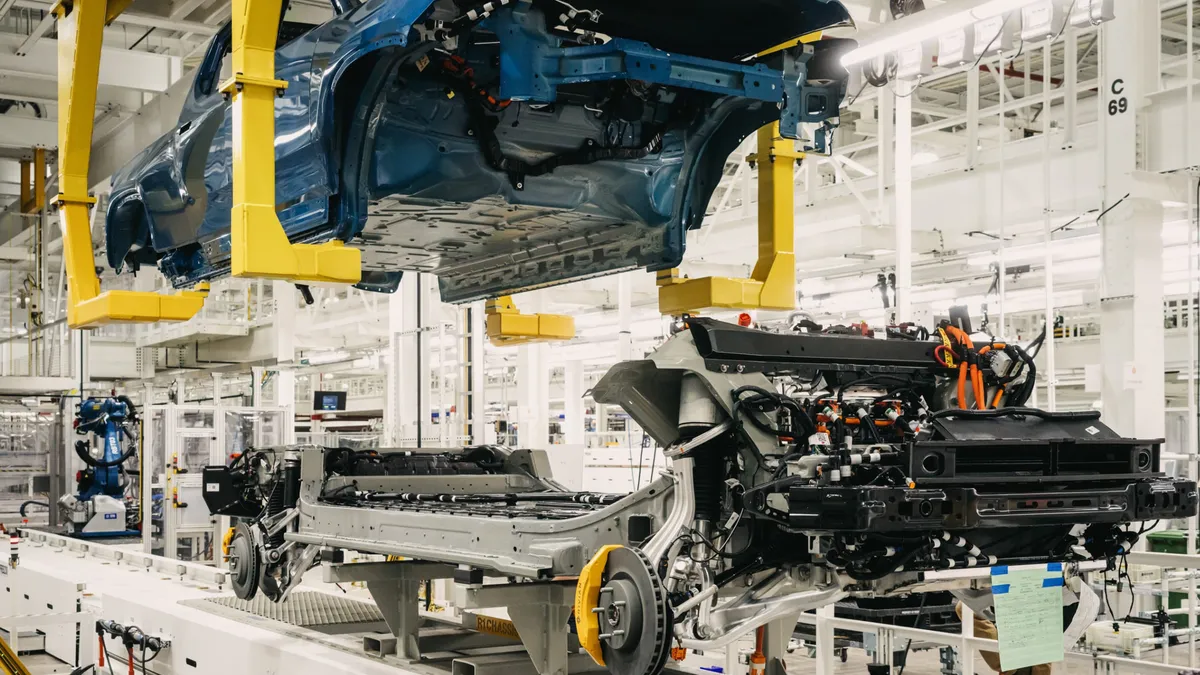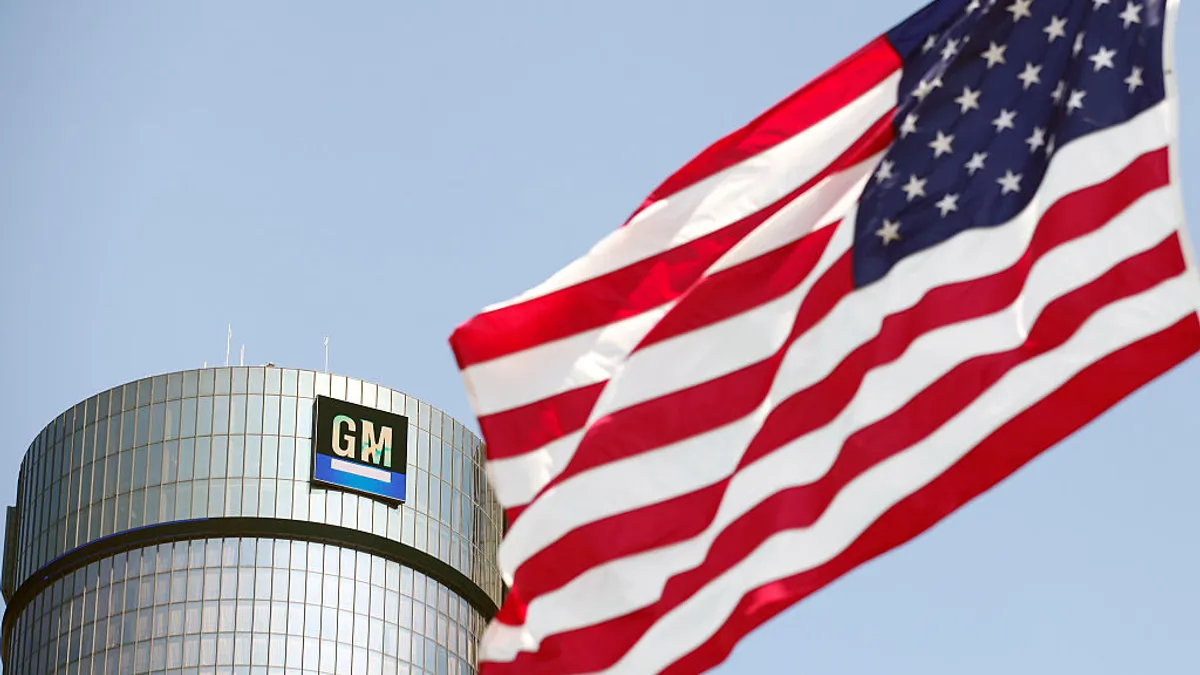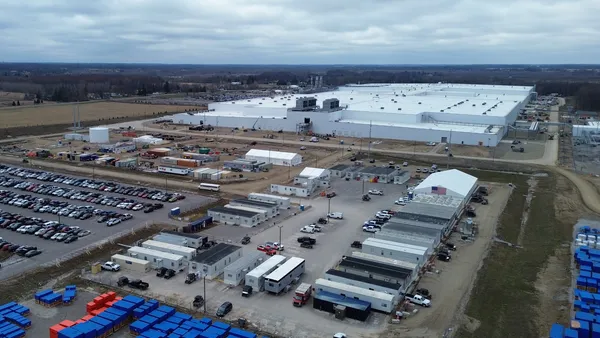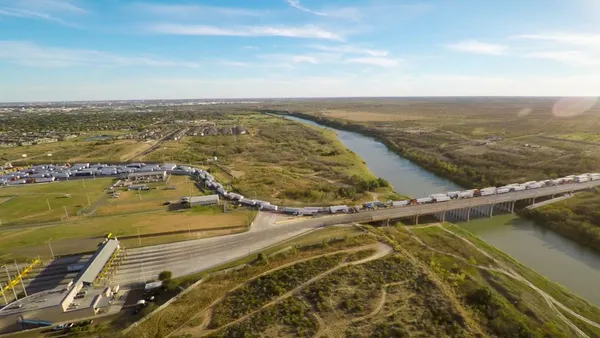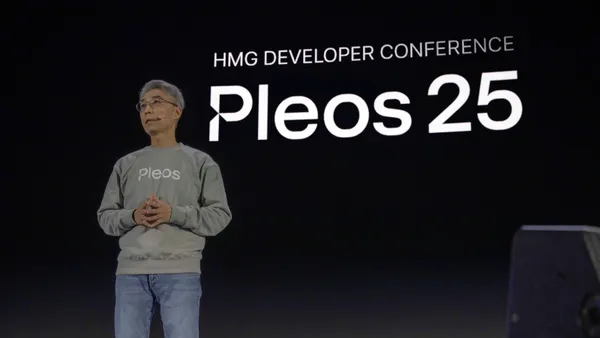Dive Brief:
- The first batteries made at Toyota Motor Corp.’s newly expanded North Carolina plant will begin shipping in April, the automaker announced Wednesday.
- The facility in Liberty is the automaker’s 11th manufacturing site in the U.S. and first in-house battery manufacturing facility outside Japan, according to the release.
- Batteries produced in North Carolina will be used in Toyota’s hybrid, plug-in hybrid and battery electric vehicles assembled in North America, the company said.
Dive Insight:
Toyota’s investment in North Carolina totals nearly $14 billion, the company said. The expansion, announced in 2023, added eight production lines to the facility, which will employ about 5,000 workers.
Production will ramp up in phases through 2030, eventually reaching a total of 30-gigawatt hours annually.
Domestic battery production will benefit Toyota as tariffs could have widespread impacts on automotive parts sourced from Mexico. Toyota Motor North America reported sales of just over 1 million electrified vehicles in 2024, a 53.1% year over year increase. Electrified models, which includes hybrids and EVs, accounted for 43.1% of the 2.3 million vehicles it sold in the U.S. last year.
The Liberty facility now covers 7 million square feet, according to Toyota. It has 14 battery production lines, four that will focus specifically on hybrid electric vehicle batteries and 10 that will make batteries for both hybrids and fully electric vehicles.
The new battery plant follows Toyota’s “best-in-town” approach, developed by Toyota Chairman Akio Toyoda, who in the early 2000s guided the company through rapid growth. He emphasized the importance of investing in local operations and the surrounding community as part of an effort to maintain product quality and strive to always be the best.
The company’s strategy carried over into nearby North Carolina Agricultural and Technical State University. In 2022, college received a $500,000 grant from the automaker to support workforce development initiatives.



